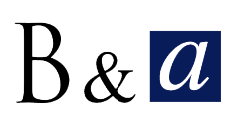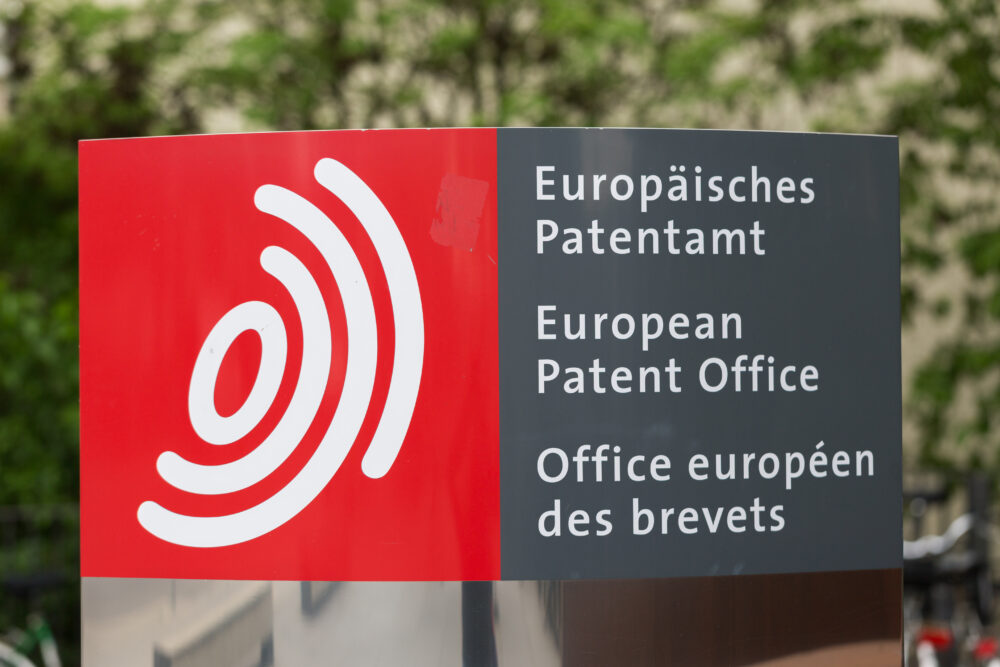The PACTE law (law n ° 2019-486 of May 22, 2019) relating to the growth and transformation of companies provided for several changes to patent law, aimed at enhancing the attractiveness and value of French industrial property titles. After extending the term of the Utility Certificate to 10 years, and creating a provisional patent application, the PACTE law introduces a patent opposition procedure as of 1st April 2020.
Until now, nullity of a French patent had to be requested before a court, in a lengthy and somewhat expensive procedure (although still much less expensive than a litigation in UK or in the U.S.). The opposition procedure, which will take place before the French patent office (INPI), should be much faster: the INPI plans to reach a decision within 15 to 20 months. Each party will bear its own costs, although a different apportionment of costs may be decided for equity reasons, to prevent abusive Oppositions.
Any third party, with the exception of the patent owner, will be allowed to lodge an Opposition within 9 months of the issuance of any French patent granted on or after April 1, 2020. No interest in bringing the action is required. It is even possible to use a straw man, which is a real advantage for a third party who wishes to hide its identity.
Similar to the Opposition procedure before the European Patent Office (EPO), a French patent can be challenged for lack of patentable subject-matter, lack of novelty, lack of inventive step, insufficiency of disclosure, and extension of the subject matter of the patent beyond the content of the patent application as filed.
The opposition proceedings include filing written submissions as well as a hearing, if requested. The patent owner may also amend the claims and the description to address a ground of opposition. A decision of revocation, in whole or in part, has absolute effect (erga omnes) as of the filing date of the application patent (ab initio). Noteworthy, in line with the practice of French administrative authorities, absence of a decision within 4 months of the hearing will mean rejection of the Opposition.
Interestingly, the legislator has provided for the possibility of suspending the opposition procedure at any time, to allow negotiations. This suspension, which may extend over 12 months, may lead to the termination of the opposition procedure, should all oppositions be withdrawn.
The opposition procedure will take precedence over a limitation procedure (a procedure which allows the holder of a patent to amend and limit his own patent, in order to strengthen it). On the other hand, the opposition proceedings will be suspended if a nullity action is pending before a court.
Finally, any decision ruling on an opposition will be open to a suspensive appeal before the Paris Court of Appeal, which appeal should be lodged within one month from the notification of the decision.
The opposition procedure established by the PACTE law should therefore be an attractive strategic tool for third parties, whose interest could be reinforced by the possibility offered to the Parties to suspend the opposition. Third parties may in fact have an interest, in certain cases, in opposing a patent in order to induce the holder to negotiate. However, as the window for filing the opposition is 9 months only post-grant, an effective competitive intelligence must be put in place to timely identify any blocking patents.
Note however that, according to the principle of res judicata, an Opponent who has failed to have the patent revoked before the INPI might be precluded from requesting invalidity of the patent in a legal action “having the same object and the same cause” before the Courts. Until jurisprudence provides some confirmation, this should strongly favor filing anonymous oppositions.
The quality of the Opposition procedures will also depend on the human and financial resources that will be allocated to the INPI. The first opposition procedures will certainly be scrutinized by all patent professionals.
A few tips for the patent applicants to consider:
The French patent office will examine the inventive step requirement of patent applications filed on or after May 22, 2020. Patent applications filed before that date will still be granted despite a weak inventiveness, as long as the novelty requirement is met. Applicants should strengthen those patent applications by addressing any inventive step issue at the examination stage, in the prospect of a potential Opposition after grant of the patent.
Filing divisional applications may also prove useful as a precautionary measure, and can be abandoned later on if no opposition has been filed.
Finally, let us keep in mind that this novel opposition procedure concerns patents only. Utility certificates (now extended to 10 years of protection), could prove to be an interesting alternative to protect certain inventions.




